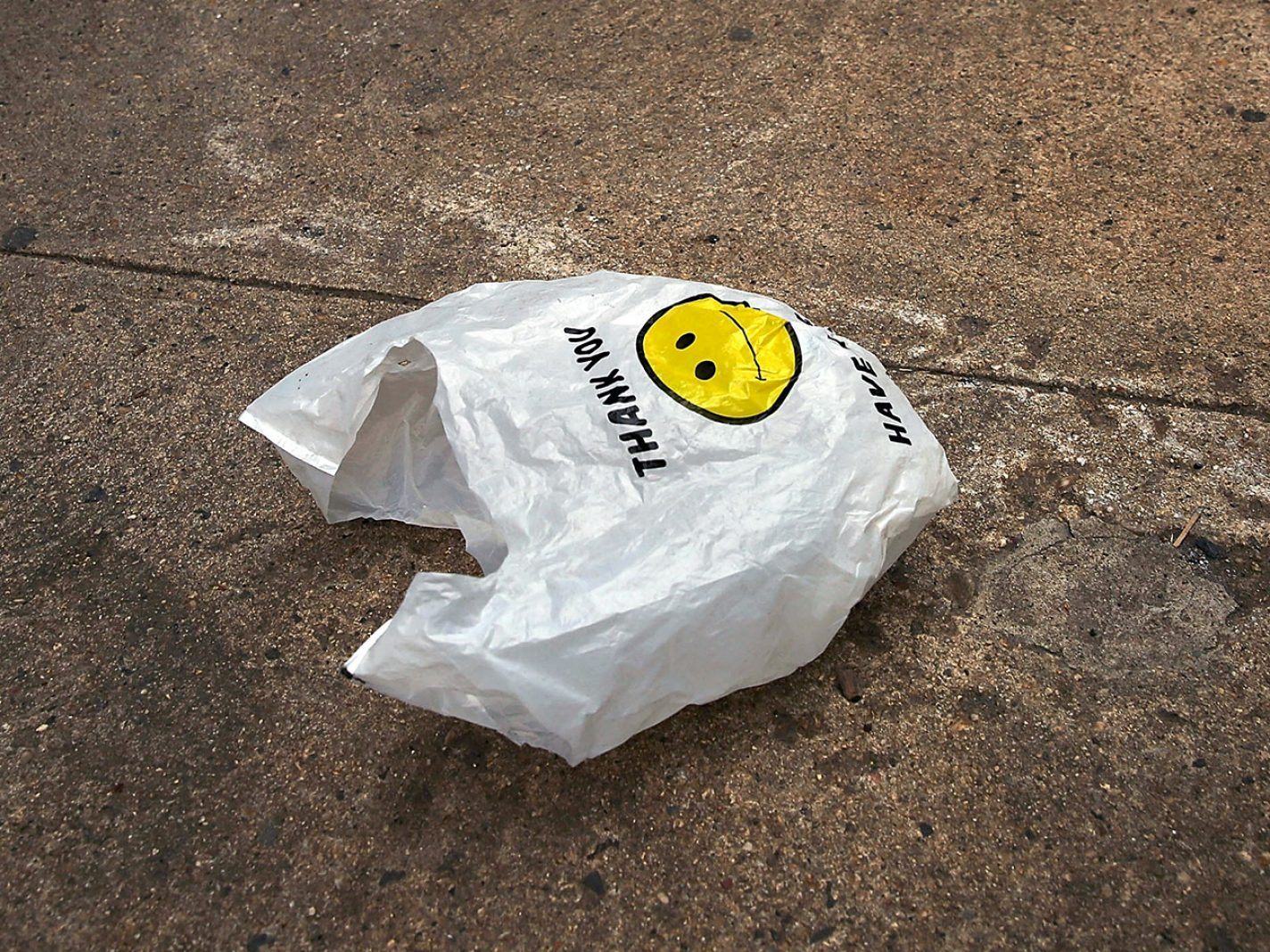We all know by now that plastic is harming our environment. Plastic bags are just one small part of the plastic pollution crisis—but it’s an aspect we can all take into our own hands and change on the individual consumer level. Each year, 5 trillion single-use plastic bags are used on Earth. Each of those bags takes about 1,000 years to decompose and contributes to the 400 million tons of plastic produced each year. More than 8 million tons of plastic enter the ocean annually.
If we continue to use plastic at the same rate there will be 12 billion metric tons of plastic litter on Earth by 2050. That statistic is jarring, and while corporations are responsible for most plastic use, we as consumers can choose to avoid the harmful product. We’ve been reusing the plastic bags our mama hoards at home our whole lives but it might be time to gift mom a reusable tote.
Many states across the States including Colorado, Illinois, Maine, Maryland, New York, Pennsylvania, New Hampshire, and Oregon have postponed or temporarily paused their plastic bans even though there isn’t evidence that they spread COVID-19. New Jersey on the other hand is moving forward with a ban on single-use plastic and paper bags, plastic straws, and polystyrene food containers. The new regulation was passed by lawmakers on Thursday and now waits for approval from the New Jersey Governor Phil Murphy.
The Democrat-sponsored bill (S864/A1978) aims to reduce waste generated in the state. The proposed law would prohibit businesses including restaurants, convince stores, food trucks, movie theaters, and grocery stores from using single-use plastic bags and polystyrene food containers. Some plastic items are exempt including polystyrene butcher trays, produce bags, bags use to wrap meat, bags that hold fish and insects at pet stores, dry cleaning bags, newspaper bags, and bags carrying prescription drugs. Hopefully, in the future, there will be accessible reusable or compostable alternatives for those plastic items as well.
